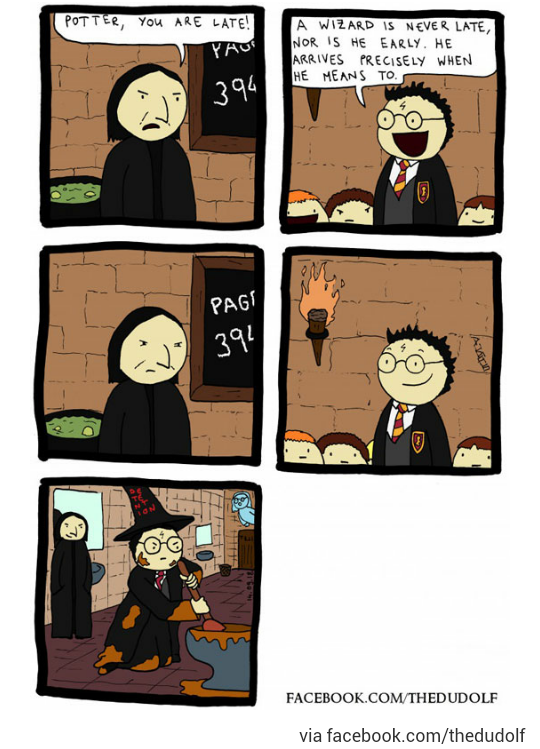![It's dangerous. . IT 's TD GI] FIBRE. THEE THIS.. Harry, grab your destiny if you know what I mean](https://i0.wp.com/static.fjcdn.com/pictures/It+s+dangerous_6daf8e_5209875.jpg)
Look if you haven’t read The Lord of the Rings then The Lord of the Rings probably isn’t for you. So I am not going to waste my time discussing the merits of this genre defining fantasy masterpiece. Instead I’d like to talk about the Eagles.
It’s a common and annoying argument, why didn’t they just fly to Mount Doom?
Say annoying people with no sense of joy.
Well for one thing that would be a very boring book. The point of The Lord of the Rings is not to save Middle Earth it’s to be a damn good book. That is how fiction works.
However this is not an argument that works with fantasy nerds or terrible literal minded people.
If you like here is one theory about how Gandalf meant to use the Eagles all along. !gasp! Insane but convincing fan theories
Personally I do not care for that theory. For one there has got to be a better way to say ‘take an eagle’. And for another I don’t actually think taking an eagle is a good plan. Elrond says that ‘your hope lies in speed and secrecy’. Or in other words ‘flying on a fleet of giant eagles into Mordor is stupid.’ I mean what deadly winged weapon does Sauron have? Anyone?
Of course, you might be thinking, if they had taken Eagles direct from Rivendell when the Nazgul were unhorsed they could have been in Mordor before second breakfast. Ok, Sauron is a wizard with dark and terrible powers but let’s assume his only chance against aerial assault is the Nazgul. How are the Eagles supposed to know to meet them at Rivendell? Gandalf met Gwaihir at Isengard, yes. But what did Gandalf know at that point? He had no idea what had happened to Frodo and the Ring. He they might already have been in Mordor for all he knew. Hence why he went to the Shire first to find out what was happening. And he went on horseback. Why?
Eagles do not make good beasts of burden. Quote,
‘”How far can you bear me?” I said to Gwaihir.
“Many leagues,” said he, “but not to the ends of the earth. I was sent to bear tidings not burdens.”
“The I must have a steed on land,” I said, “and a steed surpassingly swift, for I have never had such need of haste before.”‘
So Gandalf in his utmost need of speed can’t use eagles because they are not great at carrying people. Gwaihir is the Lord, and therefore presumably the biggest and strongest, of the Eagles and he still managed to carry Gandalf:
1. From Isengard to Edoras i.e. not very far
2. From the Misty Mountains to Lorien i.e. also not very far.
In short Eagles /= winged ponies.
Even if they did decide to use Eagles they would still have to get over the Misty Mountains to find the eagles and the eagles would still have to rest which would presumably not go well assuming that Sauron notices the dirty great birds headed in his direction with his all seeing eye. You couldn’t send Frodo on his own because the moment he touches down an orc will murder him and you can’t send a group because that will draw even more attention, warriors will tire the Eagles faster, you’re limited as to how many Eagles there actually are that would be up for a death mission etc.
Now that’s dealt with.
A note on reading The Lord of The Rings. A lot of people complain that the beginning is boring. It’s a little slow to get going ok, fine.
Watch the first film. Read the Two Towers, read the Return of the King. Now go back and read the Fellowship of the Ring.
This is how I read LOTR for the first time when I was 10 (because I could only afford 2 books and I’d seen the first film). If a 10 year old can do it so can you.




